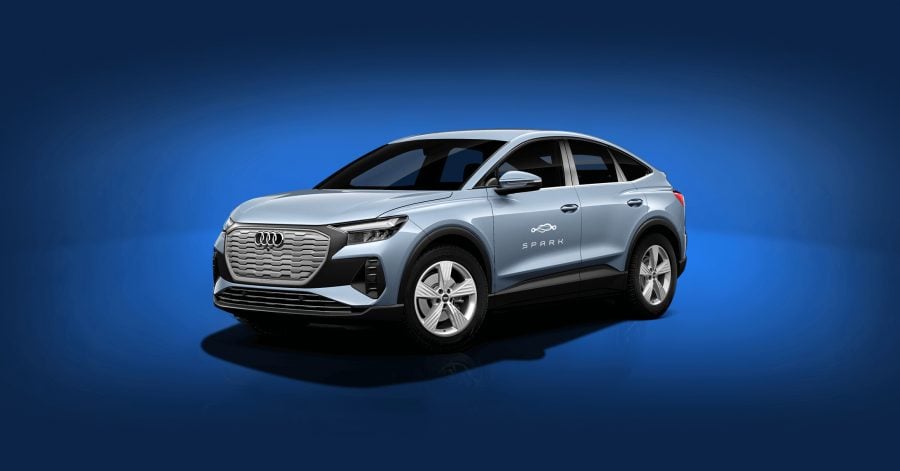Spark Technologies, the Lithuanian-Bulgarian electric car sharing company, with operations also in Romania, is preparing to bring zero-emission car renting to new major European cities. The company just concluded a €30 million capital commitment in the form of a share subscription facility from alternative investment group Global Emerging Markets (GEM), based in Luxembourg. The news comes in the advent of Spark’s public listing, yet to be announced.
Expanding eco-friendly transportation to big cities in Europe
Prior to the new capital commitment, Spark had raised more than €1 million from investors. Presently, the company’s owners are ready to take its growth to the next level, preparing for a potential listing on a major European public stock exchange.
Under a subscription agreement, the company agrees to sell a number of shares at a specific price, while the subscriber agrees to buy the shares at the predetermined price. The agreement with GEM ensures that Spark will receive funding when going public, with a share subscription facility of up to €30 million available in the 36 months following the listing. In this period, Spark will issue warrants for GEM to purchase up to 4% of the total equity interests of Spark.
This future financing would be used by the company to expand to new EU markets, increase its customer base and fleet size, and further develop its proprietary software systems.
Bringing electric car sharing in Southeast Europe and the Baltics
For the last four years, Spark has developed its network of zero-emission transportation solutions to 1,500 cars across Vilnius, Sofia, Plovdiv, and Bucharest. In these cities, the company serves more than 250,000 customers.
With the Spark mobile app, individual users can reserve a fully electric car, as well as manage their trips and expenses, while being charged per minute of usage. Yet Spark also partners with companies to provide an EV fleet to their employees. Options include Nissan Leaf, Hyundai Kona and Hyundai IONIQ, Volkswagen e-up, and Renault Zoe, among others.
In Europe, the transition from the combustion engine to the electric car is faster than ever. The market share of electric cars rose from 1.2% in 2016 to 10% in 2020, with a 143% increase in 2020, strongly concentrated in Northern Europe.
In Southeast Europe, there are several challenges slowing down the transition to sustainable urban mobility, despite stronger financial incentives in recent years (Romania, for instance, has the highest eco-bonus for the purchase of an electric or hybrid vehicle in Europe, of €10,000).
A big challenge affecting both electric car purchases and rentals is the lack of a reliable electric charging infrastructure. For electric car transportation to become a viable model, it is necessary to build the charging infrastructure to support it. In Sofia, Spark’s car sharing system already includes a network of charging stations.
The recharging networks in Romania and Bulgaria are to be further developed as OMV Petrom, the largest energy company in SEE, has partnered with Eldrive, Enel X and Renovation to add 80 fast and ultra-fast recharging stations.
In the next few years, we will likely see the offer of electric car renting in the region expand. Already in Romania, there are several market players, including Elec and Teleport.








